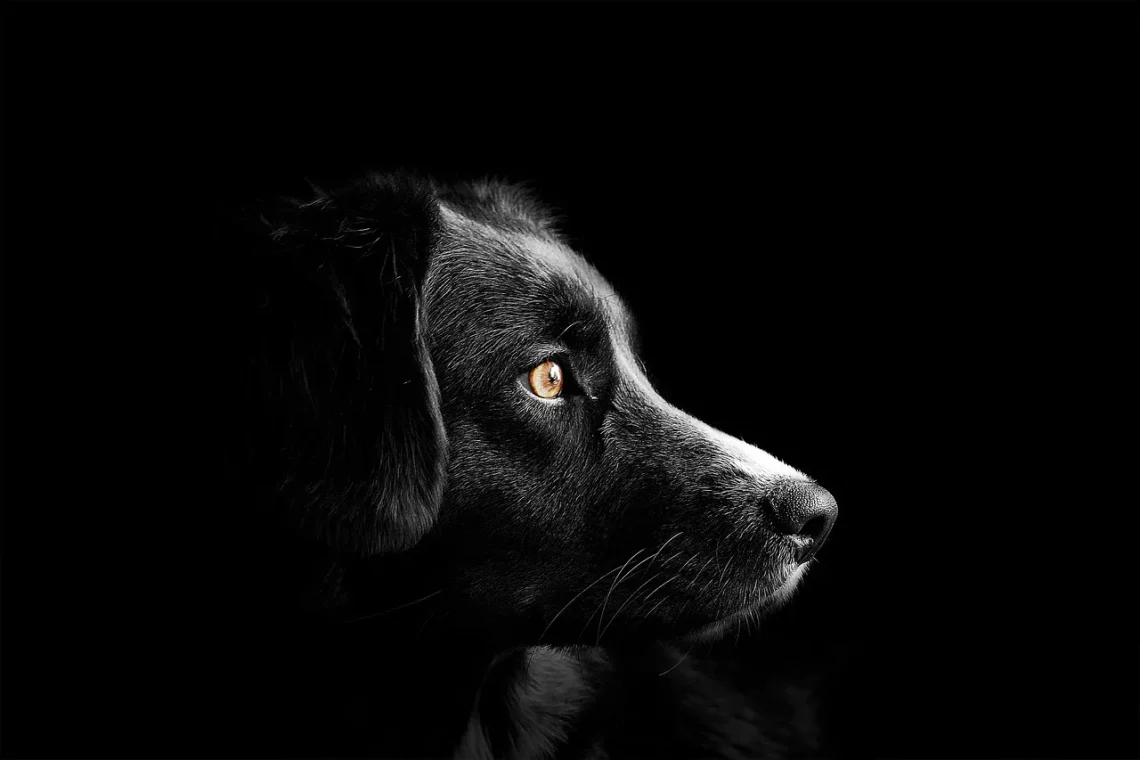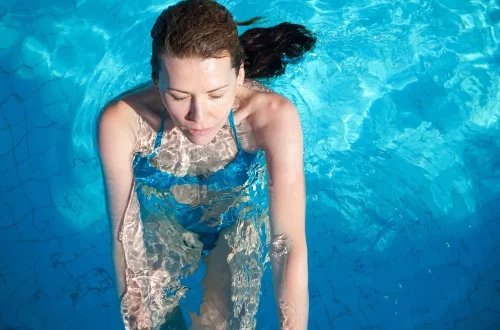
Understanding Pomeranian Hair Loss: Causes and Solutions
Pomeranians are small, fluffy dogs known for their lively personalities and charming appearance. Their luxurious double coat is often the first thing that draws potential owners to these spirited companions. However, like any breed, Pomeranians can experience hair loss, which may lead to concern for their owners. While shedding is a natural process for dogs, excessive hair loss can indicate underlying issues that require attention. Understanding the reasons behind this phenomenon is crucial for maintaining your pet’s health and well-being.
As a Pomeranian owner, you might notice your dog losing hair at various stages of its life. This can be alarming, especially when you see clumps of fur on your furniture or during grooming sessions. Hair loss can stem from a variety of factors, including environmental elements, health conditions, and grooming practices. It’s essential to recognize that not all hair loss is the same; some may be temporary, while others could signal a more serious issue that requires intervention.
This article aims to provide insights into the common causes of hair loss in Pomeranians and explore effective solutions. By understanding these factors, you can take proactive steps to ensure your furry friend remains healthy and happy. Let’s delve deeper into the various aspects of Pomeranian hair loss.
Common Causes of Hair Loss in Pomeranians
Pomeranians can experience hair loss due to several reasons, ranging from genetic predispositions to environmental influences. One prevalent cause is allergies, which can manifest as itching, redness, or inflammation of the skin, leading to hair loss. Allergies may arise from a variety of sources, including food, pollen, dust mites, or other environmental factors. Identifying the exact allergen can be challenging but is essential for effective treatment.
Another common cause of hair loss is hormonal imbalance. Conditions such as Cushing’s disease or hypothyroidism can disrupt normal hormonal functions, leading to hair thinning or loss. These health issues often require veterinary intervention, including medication and lifestyle adjustments, to manage symptoms and restore balance.
In addition to allergies and hormonal issues, external parasites like fleas and mites can also contribute to hair loss. These pests irritate the skin, causing your Pomeranian to scratch or bite at the affected areas, which can lead to further hair loss. Regular grooming and preventive treatments are crucial in minimizing the risk of infestations.
Stress and anxiety can also play a significant role in hair loss among Pomeranians. Changes in their environment, such as moving to a new home or the introduction of a new pet, can cause emotional distress. This stress can manifest physically, leading to excessive grooming or hair loss. Recognizing the signs of anxiety and providing a stable, nurturing environment can help alleviate this issue.
Lastly, age can also be a factor in hair loss. As Pomeranians grow older, their coats may become thinner, and they may shed more frequently. While this is a natural part of aging, it can still be concerning for owners who are used to their dog’s lush fur. Understanding the normal aging process can help owners differentiate between regular shedding and concerning hair loss.
Grooming Practices and Their Impact on Coat Health
Proper grooming is essential for maintaining a Pomeranian’s beautiful coat, but incorrect grooming practices can lead to hair loss. Regular brushing helps prevent matting and removes loose hair, reducing the amount of fur shed around the house. A well-maintained coat is less likely to develop skin issues, which can lead to hair loss. Aim to brush your Pomeranian at least a few times a week, using a slicker brush or a comb designed for long-haired dogs.
Bathing is another crucial aspect of grooming, but it should be done in moderation. Overbathing can strip the natural oils from your dog’s skin, leading to dryness and irritation. If your Pomeranian has sensitive skin, consider using a gentle, hypoallergenic shampoo specifically formulated for dogs. Always ensure that the shampoo is thoroughly rinsed out to avoid any residue that could irritate the skin.
In addition to brushing and bathing, regular check-ups with a professional groomer can help maintain your Pomeranian’s coat health. Groomers can identify potential issues early on, such as skin infections or parasites, and recommend appropriate treatments. They can also provide advice on the best grooming tools and techniques for your dog’s specific coat type.
It’s important to note that grooming should be a positive experience for your Pomeranian. If your dog shows signs of stress during grooming sessions, take breaks and offer treats to create a more enjoyable atmosphere. A relaxed dog is more likely to cooperate during grooming, leading to better coat maintenance and overall health.
Lastly, be mindful of the products you use on your Pomeranian’s coat. Some human hair products can be harmful to dogs, so always use pet-safe alternatives. If you’re unsure about a product, consult your veterinarian or a professional groomer for recommendations.
Health Conditions Related to Hair Loss
Various health conditions can lead to hair loss in Pomeranians, and being aware of these can help you seek timely veterinary care. One common condition is dermatitis, which can be triggered by allergies, irritants, or infections. Dermatitis often presents with red, inflamed skin and can lead to significant itching and hair loss. Treatment typically involves identifying and eliminating the underlying cause, along with medication to relieve symptoms.
Another potential issue is alopecia, which refers to hair loss in patches. This condition can be caused by a variety of factors, including hormonal imbalances, infections, or autoimmune disorders. In some cases, alopecia may resolve on its own, but persistent cases may require treatment from a veterinarian.
Infections, whether bacterial or fungal, can also cause hair loss and other skin issues. Ringworm, for example, is a fungal infection that can lead to circular patches of hair loss and is contagious. Early diagnosis and treatment are crucial to prevent the spread and promote healing.
Regular veterinary check-ups are vital for monitoring your Pomeranian’s overall health. If you notice persistent hair loss, changes in skin condition, or any other concerning symptoms, don’t hesitate to schedule a visit to your veterinarian. They can conduct tests to determine the underlying cause and recommend appropriate treatment options.
Additionally, maintaining a balanced diet is essential for your Pomeranian’s coat health. A lack of essential nutrients can lead to a dull coat and increased shedding. Consult with your veterinarian about the best diet for your dog, which may include high-quality protein, fatty acids, and vitamins to support skin and coat health.
Solutions for Managing Hair Loss in Pomeranians
Managing hair loss in Pomeranians involves a multifaceted approach, focusing on prevention, treatment, and care. First and foremost, it’s crucial to identify the underlying cause of hair loss. This may require a veterinary visit for diagnostics, including blood tests or skin scrapings. Once the cause is identified, targeted treatments can be implemented.
For allergies, your veterinarian may recommend a change in diet or prescribe antihistamines to alleviate symptoms. In cases of environmental allergies, regular cleaning and reducing exposure to allergens can help. Using air purifiers and keeping your home dust-free can also make a significant difference.
If hormonal imbalances are causing hair loss, your veterinarian may prescribe medications to regulate hormone levels. In some cases, dietary adjustments and weight management can also contribute to hormonal balance and overall health.
For external parasites, regular preventive treatments are key. Flea and tick medications should be administered as recommended to protect your Pomeranian from infestations. Additionally, regular baths with medicated shampoos can help manage skin irritations caused by these pests.
Stress management is also important in addressing hair loss. Providing a stable, low-stress environment can help reduce anxiety-related grooming behaviors. Engaging in regular exercise and playtime can also relieve stress and promote overall well-being.
Lastly, consider incorporating supplements that promote coat health. Omega-3 fatty acids, for instance, can improve skin condition and reduce inflammation. Always consult your veterinarian before adding new supplements to your dog’s routine.
In conclusion, understanding the factors contributing to hair loss in Pomeranians is essential for maintaining their overall health. By identifying the underlying causes, implementing proper grooming practices, and seeking veterinary care when needed, you can ensure your furry friend remains healthy and vibrant.
**Disclaimer:** This article is not intended as medical advice. For any health-related issues concerning your pet, it is essential to consult a qualified veterinarian.




